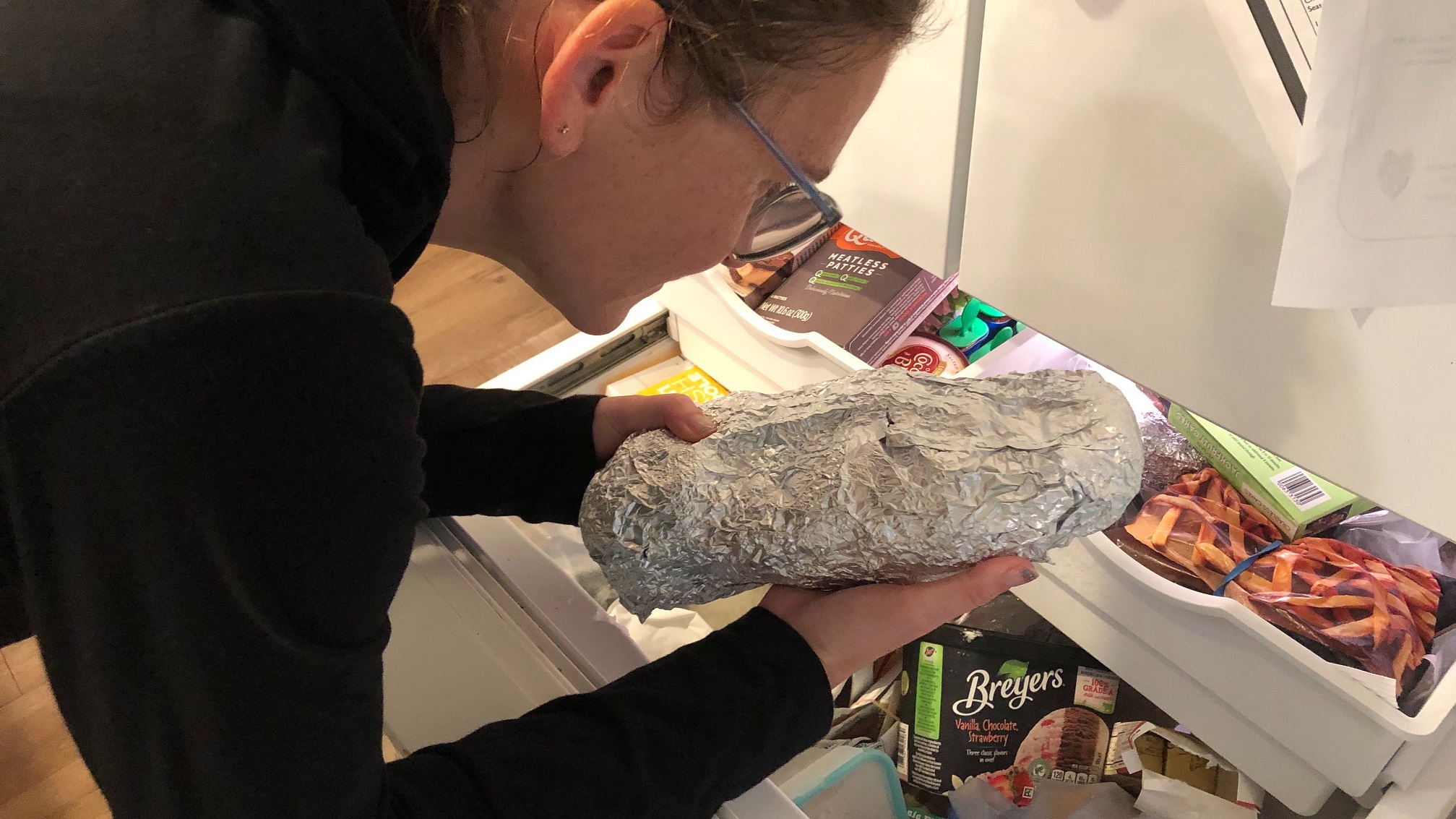I love my challah recipe. It’s the best of both worlds – easy and delicious. The thing is, as often as we have other families over for Shabbat dinner, it’s hard to keep challah in the house long enough to enjoy it myself. This is why I always have a backup (or three) in the freezer. It really comes in handy for those times when I just don’t have the time to get a fresh one in the oven or when the oven itself decides to stop baking, both of which have happened, making me so glad I was prepared with extra.

So much of life consists of things we do to provide for the future, whether for us, our children, or our descendants. We buy life insurance, we set aside money for college, we plan for retirement. When we plan for our funerals, we even prepay in order to enjoy the credit card points now. So much of what we worry about as parents and grandparents is how today will impact tomorrow. But what does the future hold? No one really knows for sure. Yes, we have a basic understanding that how we treat the environment now will affect the planet’s livability down the road, and yes, we know that we can set aside funds for our own well-being, but ultimately, there is no real way of knowing what the future will bring.
The Torah spends almost the entirety of its books focusing on lessons to live a moral, ethical life and only looks toward the future with regard to the Israelites living in the land of Israel. This week we read Parshat Nitzavim, which teaches us this lesson quite clearly. It begins with God telling the Israelites about the covenant they are making together and how binding it is.
In chapter 29, verse 28 the Torah reads, “Concealed acts concern the Lord our God; but with overt acts, it is for us and our children ever to apply the provisions of this teaching.” In other words, things done in secret are between you and God. Acts done in public are not only the problem of society, but become a burden on our future.
This is not meant to suggest that, in the example of the environment, private pollution is totally acceptable, but public pollution is not. What it teaches is that we all have the burden of holding each other accountable for our actions, including and especially the ones that affect our future. As we head into the new year, this week’s Torah reminds us that what we do in the world matters not just to our current society, but to all of those who will come after us.



